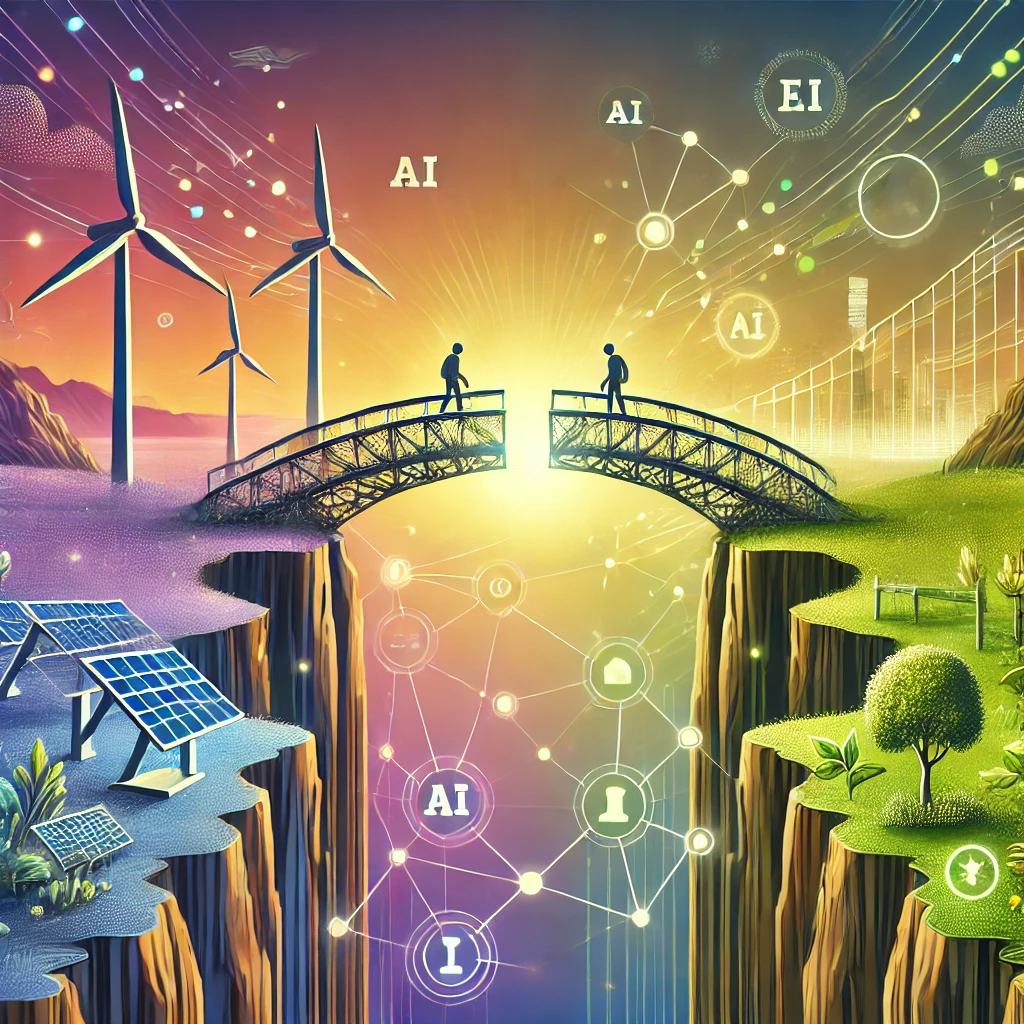As artificial intelligence (AI) reshapes industries, the sustainability profession is racing to address a glaring skills deficit in leveraging this transformative technology. Reports from leading organizations highlight the urgency to bridge this “extreme gap” in digital proficiency to fully unlock AI’s potential for sustainable development.
Deloitte’s recent study reveals that 68% of executives perceive moderate-to-extreme AI skills gaps within their organizations. Meanwhile, IBM forecasts that 40% of the global workforce will require reskilling over the next three years to adapt to AI advancements. Compounding this challenge, the Digital Cooperation Organization points to a 264 million gender gap in online connectivity, further limiting equitable access to AI opportunities.
Efforts to tackle these challenges are gaining momentum. Initiatives like IBM’s SkillsBuild offer free courses integrating AI with sustainability-focused applications, aiming to empower individuals with essential AI literacy. These programs emphasize not only technical skills but also ethical AI practices and practical grassroots applications.
Foundational AI education, combined with a focus on inclusivity and sustainability, is critical. By equipping professionals with tools to use AI for environmental, social, and economic goals, the sector can drive meaningful impact. Ethical considerations and collaborative knowledge sharing are also pivotal to ensure AI advances align with sustainability values.
This transformative moment presents an opportunity to reimagine the role of AI in building a sustainable future. Closing the skills gap is not just a workforce challenge—it’s a vital step toward a more resilient and equitable world.


